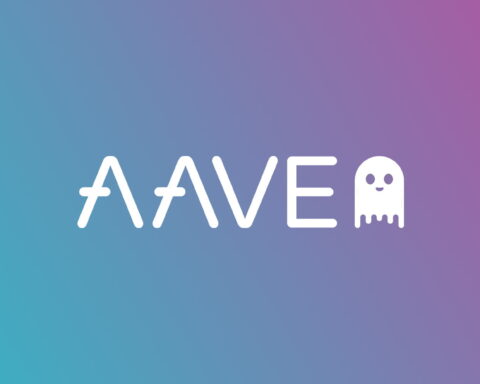Google has emerged as the largest shareholder of Bitcoin miner TeraWulf after securing a 14% equity stake through an expanded financial arrangement tied to AI infrastructure provider Fluidstack.
The deal centers on a 10-year colocation lease agreement between TeraWulf and Fluidstack.
To support Fluidstack’s obligations, Google agreed to increase its backstop, a financial guarantee that ensures long-term lease commitments are met.
In return, Google received warrants to purchase over 73 million shares of TeraWulf.
The new holdings place the tech giant ahead of other shareholders.
TeraWulf Confirms $3.2 Billion Guarantee
During a shareholder call, TeraWulf revealed that Google’s backstop commitment now totals $3.2 billion.
Kerri Langlais, chief strategy officer of TeraWulf, explained that the agreement gives Google a meaningful equity position.
“Google’s new equity makes it TeraWulf’s largest shareholder, providing a powerful validation from one of the world’s leading technology companies,” she said.
Langlais emphasized that the arrangement reflects “the strength of our zero-carbon infrastructure and the scale of the opportunity ahead.”
Deal Supports Lake Mariner Data Center Expansion
As part of the agreement, Fluidstack exercised an option to expand operations at TeraWulf’s Lake Mariner campus in New York.
The expansion includes a new purpose-built data center expected to go live in the second half of 2026.
Langlais clarified that Google’s $3.2 billion guarantee applies strictly to Fluidstack’s lease commitments.
“This is not a guarantee of TeraWulf’s corporate debt, nor do we have access to those funds,” she said.
“The backstop is tied exclusively to contracted AI and high-powered computing lease revenues and is unrelated to our Bitcoin mining operations.”
Mining Operations Continue, But AI Takes Priority
The deal comes as many Bitcoin miners diversify into artificial intelligence and high-performance computing (HPC) services.
The April 2024 halving reduced block rewards to 3.125 Bitcoin, cutting into profits and encouraging miners to explore other revenue streams.
Langlais noted that while TeraWulf intends to maintain its mining platform, the company sees more potential in AI workloads.
“In the near term, mining generates cash flow and provides a valuable resource to the electrical grid,” she said.
However, she added that long-term growth lies in redirecting energy capacity toward AI and HPC contracts with partners such as Fluidstack and Google.
Market Outlook for AI Integration
Industry observers see the shift as transformative for miners.
VanEck estimated in 2024 that if mining firms redirected 20% of their energy to AI and HPC by 2027, they could collectively earn an additional $13.9 billion annually over 13 years.
TeraWulf projects its deal with Fluidstack alone could generate $6.7 billion in revenue, with potential to reach $16 billion through lease extensions.
These figures underscore why miners increasingly view AI as a growth driver.
TeraWulf Shares See Volatility
News of the Google-backed agreement boosted TeraWulf’s stock (WULF) in Monday’s trading session.
Shares rose 17% to $10.57 from a prior close of $8.97 before retreating later in the day.
By the end of the session, the stock settled at $9.38, with a further decline of 1.28% in after-hours trading.
Despite the pullback, the involvement of Google has given TeraWulf new visibility and reinforced its strategy of blending Bitcoin mining with AI infrastructure.




